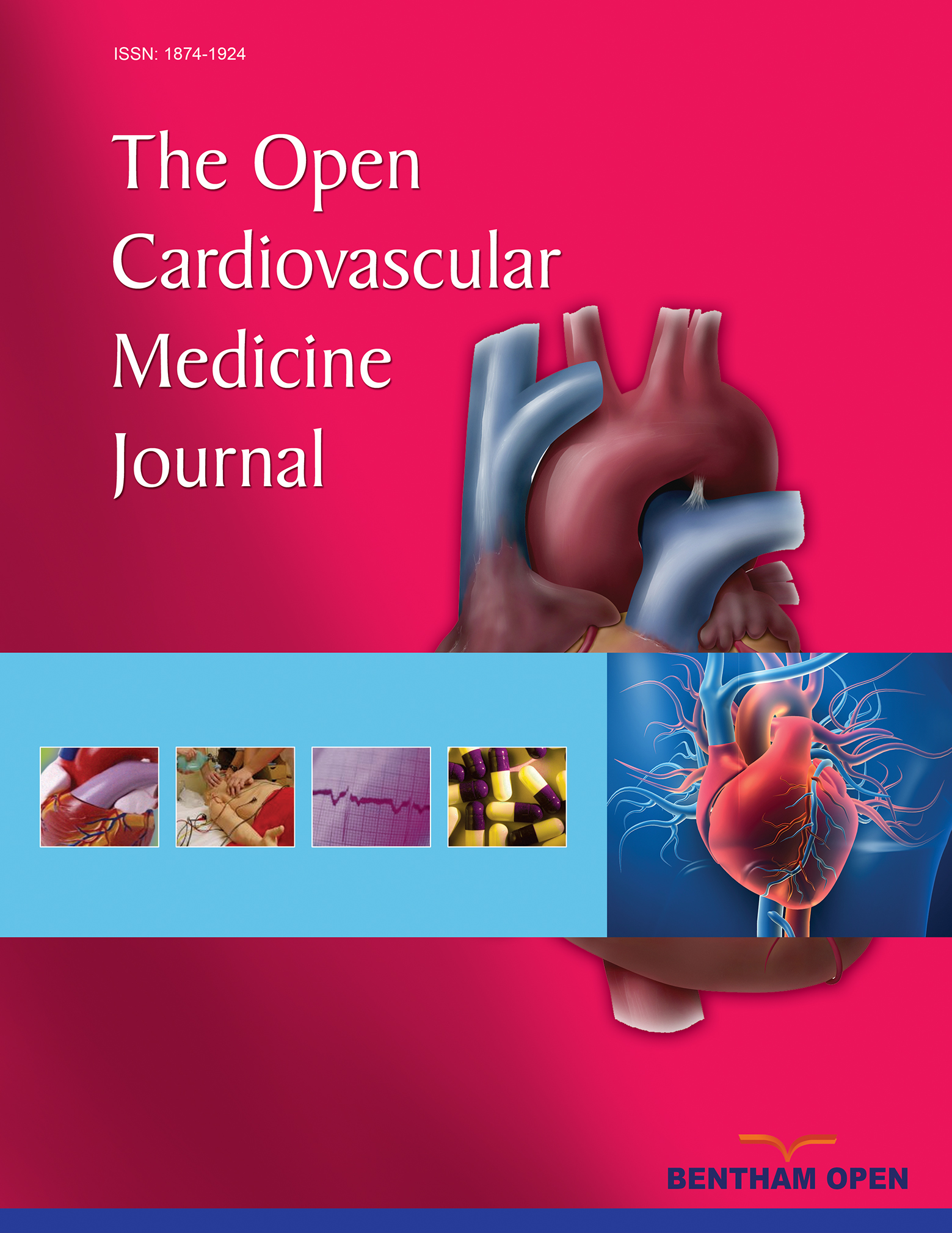All published articles of this journal are available on ScienceDirect.
Implementation of Guidelines for the Management of Arterial Hypertension. The Impulsion Study
Abstract
This study assessed the effects of a pilot best practice implementation enhancement program on the control of hypertension. We enrolled 697 consecutive known hypertensive patients with other vascular risk factors but free from overt vascular disease. There was no “control” group because it was considered unethical to deprive high-risk patients from “best medical treatment”. Following a baseline visit, previously trained physicians aimed to improve adherence to lifestyle measures and drug treatment for hypertension and other vascular risk factors. Both at baseline and at study completion (after 6 months), a 1-page form was completed showing if patients achieved treatment targets. If not, the reasons why were recorded. This program enhanced compliance with lifestyle measures and increased the use of evidence-based medication. There was a substantial increase in the number of patients who achieved treatment targets for blood pressure (p<0.0001) and other vascular risk factors. In non-diabetic patients (n=585), estimated vascular risk (PROCAM risk engine) was significantly reduced by 41% (p<0.0001). There was also a 12% reduction in vascular risk according to the Framingham risk engine but this did not achieve significance (p=0.07). In conclusion, this is the first study to increase adherence to multiple interventions in hypertensive patients on an outpatient basis, both in primary care and teaching hospitals. Simple, relatively low cost measures (e.g. educating physicians and patients, distributing printed guidelines/brochures and completing a 1-page form) motivated both physicians and patients to achieve multiple treatment goals. Further work is needed to establish if the improvement observed is sustained. [ClinicalTrials.gov NCT00416611].


